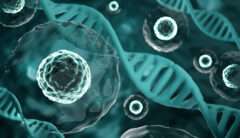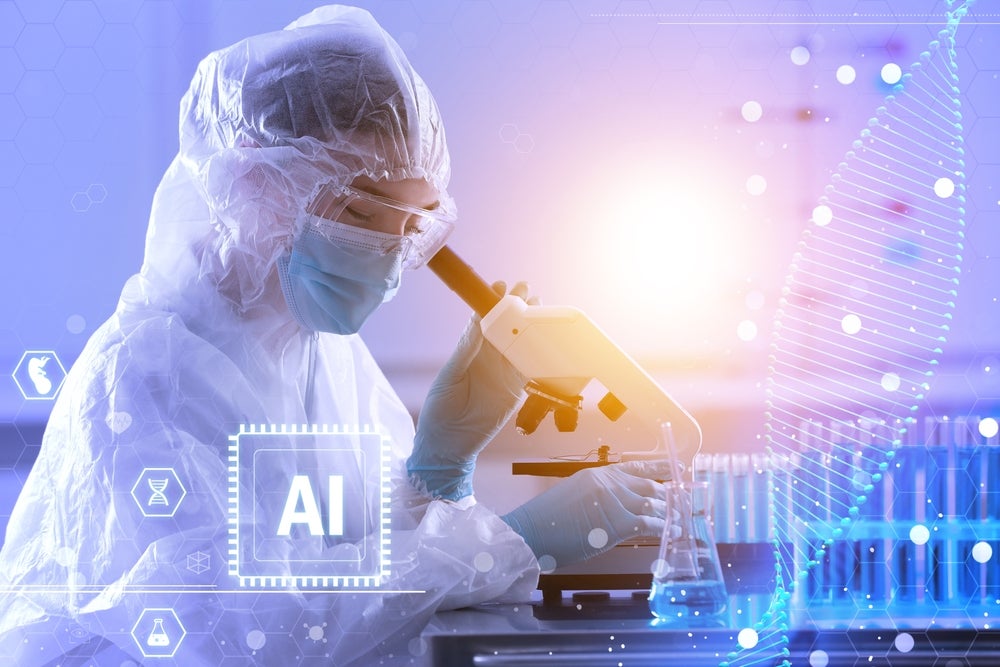by Christiane Klasen – Phys.org –
Human induced pluripotent stem cells (iPSCs) have a great potential for scientific and medical applications. They are used in research laboratories to model human diseases, helping to uncover underlying mechanisms and developing new therapies. Additionally, they are being tested in clinical trials as a solution for regenerative therapies targeting diseases like Parkinson’s, with the goal of restoring function and improving patient outcomes.
iPSCs can be obtained from somatic cells, such as those from skin or blood of adult donors, by reprogramming these cells with the help of pluripotency factors, transforming them into cells with embryonic stem cell-like properties. These iPSCs can replicate indefinitely and develop into different tissues making them valuable for research and potentially for personalized regenerative medicine. At the same time, they help to reduce the number of laboratory animals in research.




